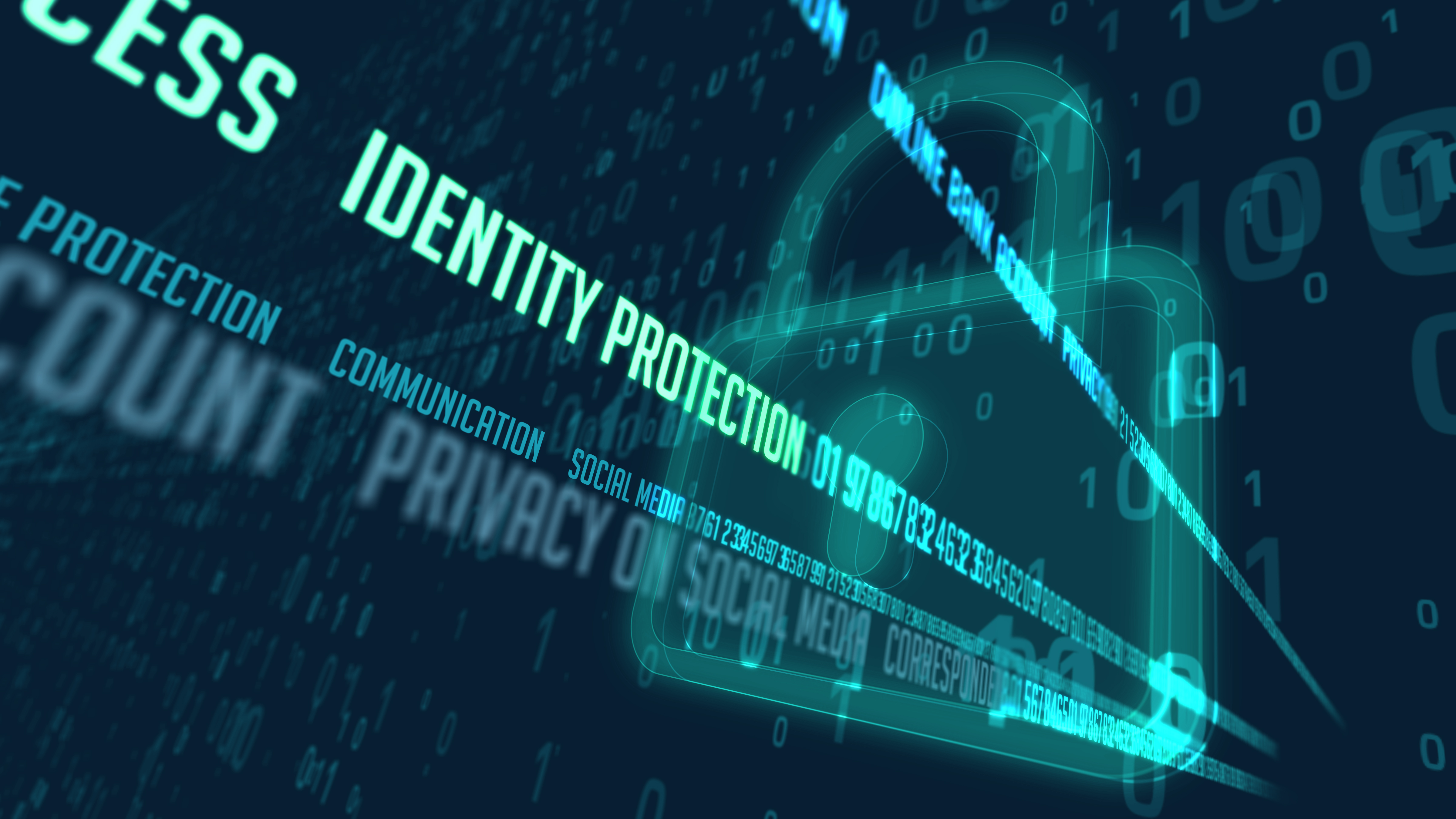Important Tips For Securing Your Personal Information

Fraud is nothing new. However, in today’s world it is a lot more prevalent and in some ways easier to accomplish. At the feverish pace at which digital technology grows, we often associate fraud with online activity. And while that is a major source of fraud activity, there is a necessity to protect ourselves both online and offline.
The following are a few tips to follow to protect your personal information online and offline.
Be Alert to Impersonators
Be overly protective of your personal information. Make sure you know who is getting your personal or financial information. Don’t give out personal information on the phone, through the mail or over the Internet unless you’ve initiated the contact or know who you’re dealing with. If a company that claims to have an account with you sends email asking for personal information, don’t click on links in the email. Instead, type the company name into your web browser, go to their site, and contact them through customer service. Or, call the customer service number listed on your account statement. Ask whether the company really sent a request. Don’t be afraid to say no and to challenge the collection of the requested information.
The bottom line is, know who you are sharing your information with.
Safely Dispose of Personal Information
Be diligent to store and dispose of your personal information securely. That data comes in all formats.
Paper documents: Shred receipts, credit offers, credit applications, insurance forms, physician statements, checks, bank statements, expired charge cards, and similar documents when you don’t need them any longer.
Computer hardware: Before you dispose of a computer, get rid of all the personal information it stores. Use a wipe utility program to overwrite the entire hard drive.
Mobile devices: Before you dispose of a mobile device, check your owner’s manual, the service provider’s website, or the device manufacturer’s website for information on how to delete information permanently, and how to save or transfer information to a new device. Remove the memory or subscriber identity module (SIM) card from a mobile device. Remove the phone book, lists of calls made and received, voicemails, messages sent and received, organizer folders, web search history, and photos.
Other Personal Information: Destroy the labels on prescription bottles before you throw them out. Don’t share your health plan information with anyone who offers free health services or products.
Encrypt Your Data
Keep your browser secure. To guard your online transactions, use encryption software that scrambles information you send over the internet. A “lock” icon on the status bar of your internet browser means your information will be safe when it’s transmitted. Look for the lock before you send personal or financial information online.
Keep Passwords Private
Use strong passwords with your laptop, credit, bank, and other accounts. Be creative: think of a special phrase and use the first letter of each word as your password. Substitute numbers for some words or letters. For example, “I want to see the Pacific Ocean” could become 1W2CtPo.
Limit Your Exposure & Don’t Overshare
- Lock your financial documents and records in a safe place at home and lock your wallet or purse in a safe place at work. Keep your information secure from roommates or workers who come into your home.
- Limit what you carry. When you go out, take only the identification, credit, and debit cards you need. Leave your Social Security card at home. Make a copy of your Medicare card and black out all but the last four digits on the copy. Carry the copy with you — unless you are going to use your card at the doctor’s office.
- Take outgoing mail to post office collection boxes or the post office. Promptly remove mail that arrives in your mailbox. If you won’t be home for several days, request a vacation hold on your mail.
- Before you share information at your workplace, a business, your child’s school, or a doctor’s office, ask why they need it, how they will safeguard it, and the consequences of not sharing.
- Limit what you post online. If you post too much information about yourself, an identity thief can find information about your life, use it to answer ‘challenge’ questions on your accounts, and get access to your money and personal information.
The more effort you can put into following these best practices, the greater safeguards you will have from potential fraud and identity theft.

